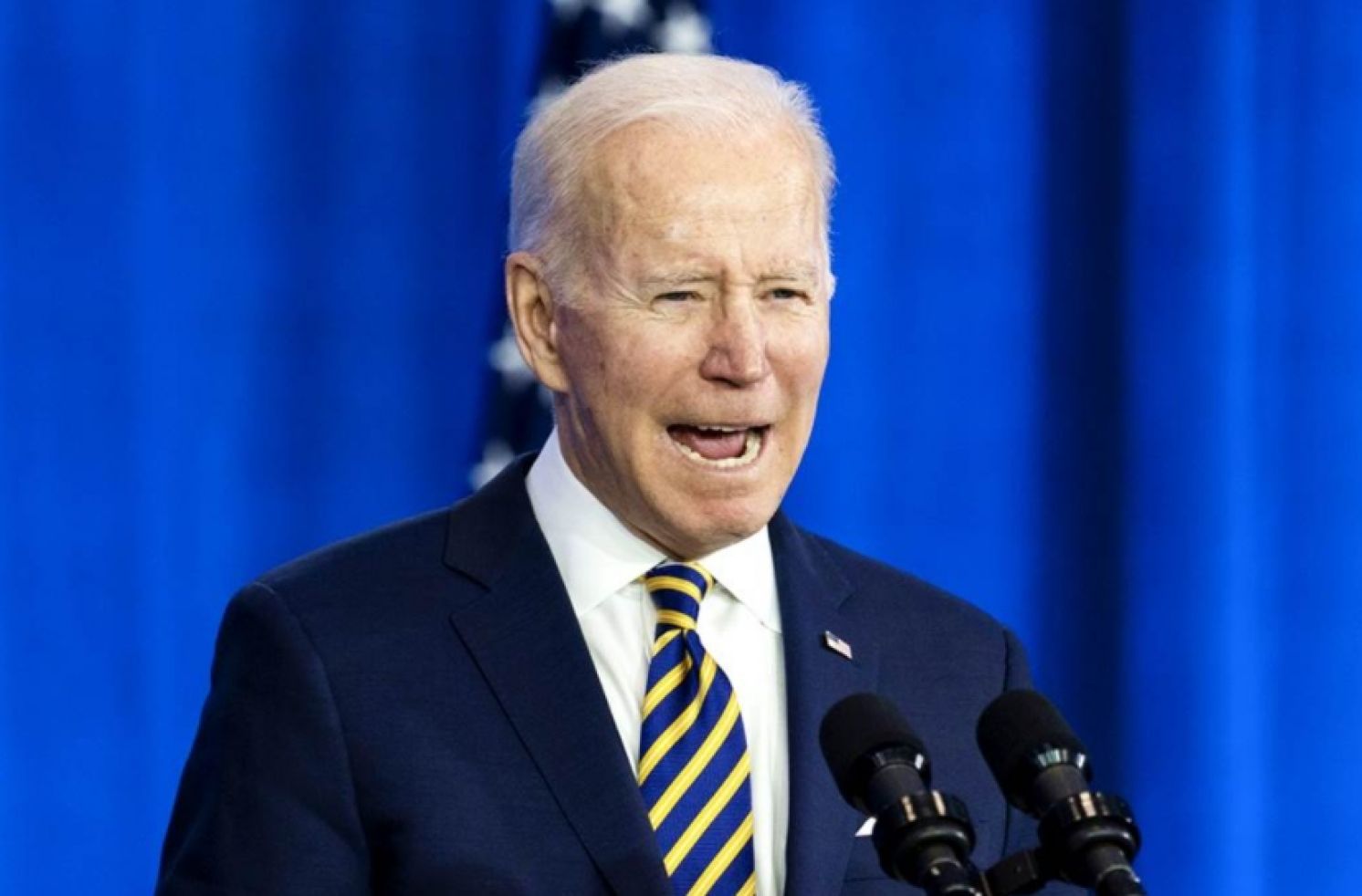
This Week in Taiwan 0206-0213
February 8: The Pentagon announced on February 7 that the United States Department of State has approved the sale of equipment and services worth $100 million to Taiwan to help maintain and improve the Patriot missile system, strengthen Taiwan’s air defense system and surveillance capabilities, and deter regional threats. This is the second arms sales to Taiwan since President Joe Biden took office. The procedure of notifying Congress will take place, and the arms sale is expected to take effect in a month.
February 8: The Executive Yuan announced that the ban on food imports from the five Japanese prefectures around Fukushima will be conditionally lifted. President Tsai Ing-wen emphasized on Facebook that “Taiwan will not import nuclear-contaminated food,” and that the government will take stricter measures than international standards to guard food safety. Taiwan should have confidence in participating in a higher-standard international economic and trade pact like the Comprehensive and Progressive Trans-Pacific Partnership (CPTPP) to strengthen Taiwan's linkages with the world.
February 9: The National Tsing Hua University (NTHU), National Sun Yat-sen University (NSYSU), and National Chung Hsing University (NCHU) have been seeking approval to establish post-baccalaureate departments of medicine. The NTHU received approval by the Ministry of Education (MOE) in September last year. The MOE stated on February 9 that NSYSU and NCHU also received approval, and the three schools will each be able to enroll 30 publicly-funded students as soon as this fall after receiving additional approval by the Ministry of Health and Welfare.
February 10: The policy of providing air-conditioning in every elementary and junior high school classroom was realized ahead of schedule. The MOE indicated that some 3,300 schools in Taiwan have completed installaton of 181,953 air conditioners by January and are conducting follow-up testing. The air-conditioning electricity bill will be paid by the government. The government invested a total of NT32.3 billion (about US1.1 billion) to install the air conditioners, which took a year and a half to complete.
February 11: The Economist Intelligence Unit released its 2021 Democracy Index report. Among 165 countries and two regions (Palestine and Hong Kong), Taiwan was listed as a "complete democracy" with a total score of 8.99 (out of 10), ranked 8th. Taiwan surpassed Australia, Switzerland, the Netherlands, Canada, and Germany, and is the only one in Asia to rank in the top 10.
February 12: The Council of Agriculture (COA), Executive Yuan, froze egg price increases in production areas before the Chinese New Year, making chicken farmers reluctant to raise chickens because prices could not meet the cost and leading to an egg shortage across Taiwan. As a result, egg prices in the market soared, and supply could not meet demand. In order to boost production of eggs, the COA announced on February 10 that it will subsidize the cost of feed for chicken farmers and premature hens. But on February 11, the decision to freeze price increases was reversed, and egg prices increased starting February 12.
February 12: The White House released its "Indo-Pacific Strategy" report on February 11. According to the report, the United States will work with regional partners to maintain peace and stability in the Taiwan Strait, support Taiwan's self-defense capabilities, ensure that Taiwan's future be determined peacefully according to the will and best interests of the people of Taiwan, and deter military aggression from across the strait.
February 13: According to media reports, the Comprehensive and Progressive Agreement for Trans-Pacific Partnership (CPTPP) will hold an executive committee on February 17 to discuss membership applications from Taiwan, China, and Ecuador by video conference. After Taiwan announced lifting import restrictions on food from the five prefectures around Fukushima, Japan, Japan is expected to support Taiwan's participation in the CPTPP. But to successfully join the CPTPP, the unanimous consensus of all 11 member states must be obtained.